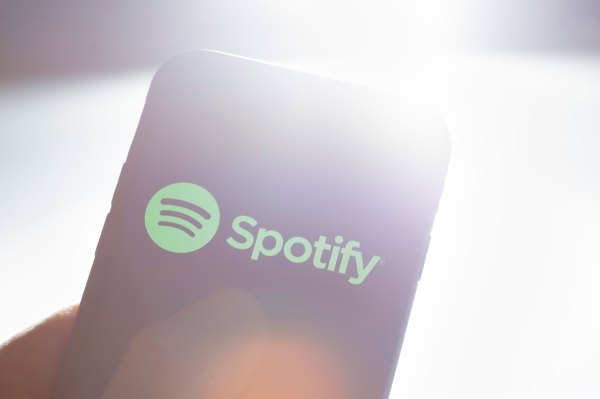After finding itself embroiled in a lengthy saga over how its star podcaster Joe Rogan spread COVID-19 vaccine-related misinformation on his show earlier this year, Spotify has announced a new initiative that could help it in situations like these in the future. It has formed a Safety Advisory Council, with the aim of making better decisions about content moderation and more generally forming new policies related to that.
The committee will help the streaming platform hone its policy to tackle various kinds of harmful content. As the company expands into more non-music audio experiences such as audiobooks, it’s bracing itself for different types of content that could draw scrutiny.
Spotify’s also aiming to experiment with things like live audio and text-to-speech AI, and the external body will be looking at the firm’s policy in these emerging areas, too.
The Safety Advisory Council won’t make decisions about specific content or creators. So you can’t appeal Spotify’s decision on a particular incident.
This is in contrast to the Facebook Oversight Board, which advises the company on specific content takedown decisions and policies around those.
“At a high level, the council’s mission is to help Spotify evolve its policies and products in a safe way while making sure we respect creator expression. Our council members will advise our teams in key areas like policy and safety-feature development as well as guide our approach to equity, impact, and academic research,” the firm said in a statement.
The streaming service owns exclusive rights to podcasts like “The Joe Rogan Experience”, but generally it positions itself as a platform, refusing to take responsibility for the content on the show.
After major backlash over how subjects were being covered on Rogan’s show, musicians including Neil Young and Joni Mitchell pulled their music from the platform at the start of this year. Spotify initially did not appear to respond, but eventually, it started to remove more than 100 episodes of Rogan’s show for reasons like using racial slurs. In March, it also started rolling out an advisory about COVID-19-related content to a wider audience, but this was just a label — no moderation as such — so it is less clear how much of an effect that had on actual listening.
The founding members of the new committee include organizations like the digital civil rights advocacy organization Center for Democracy and Technology; Dangerous Speech Project, which works on violent speech online; and Kinzen, which works on protecting communities from online hate speech. There will be 17 people on the board initially.
The board also includes law professor Dr. Mary Anne Franks; assistant professor for communication and journalism at Suffolk University, Dr. Jonas Kaiser; and assistant professor at the University of Washington, Dr. Tanu Mitra.
Spotify noted that in the coming months it aims to add more members to this council with different languages and regional expertise.
